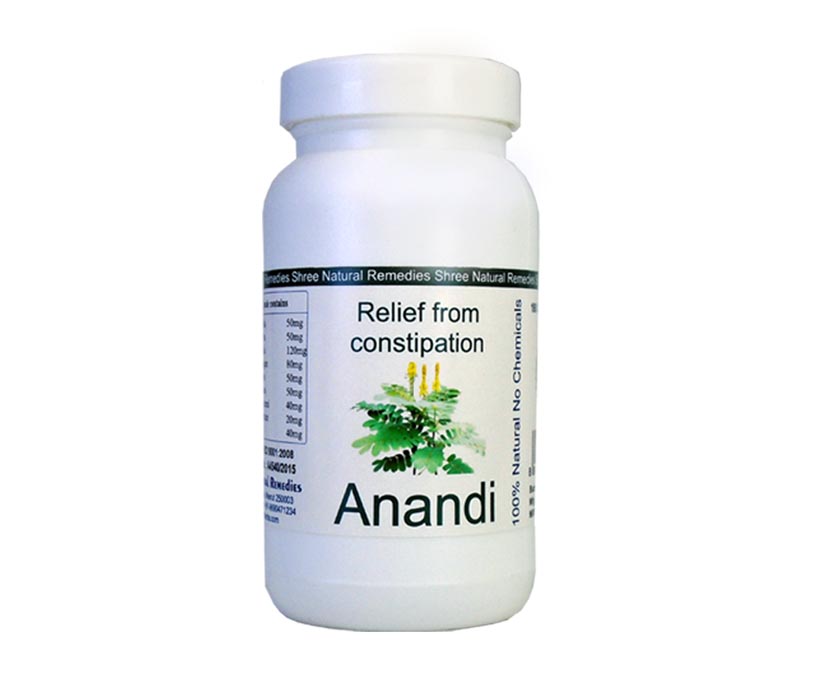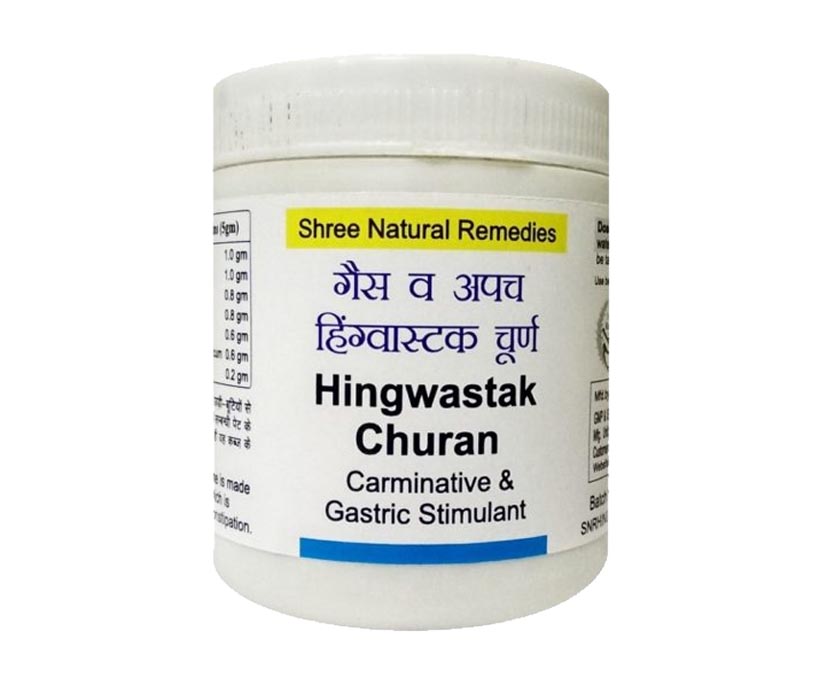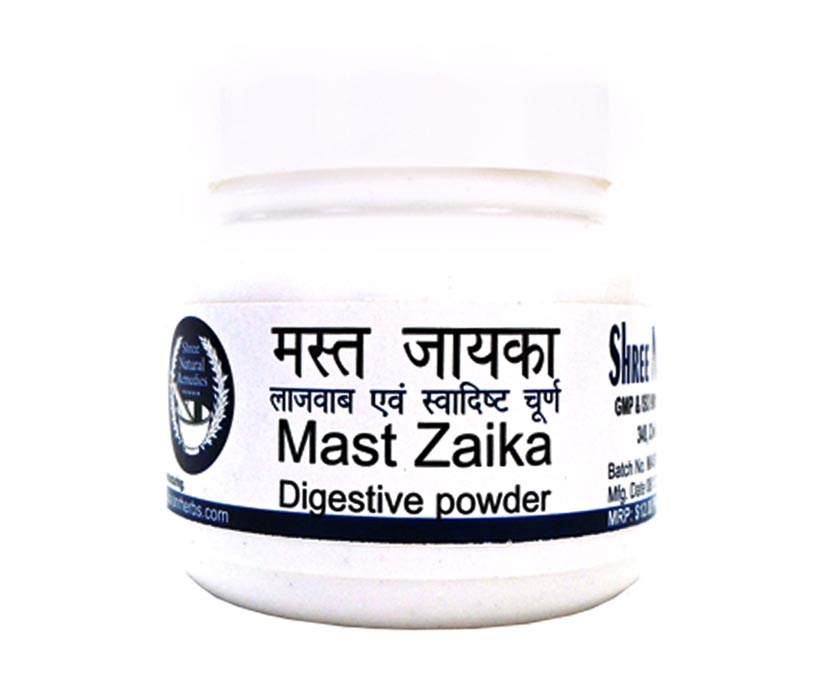Constipation Support
Constipation is the most common chronic gastrointestinal disorder in adults.
Depending on the definition employed, it occurs in 2% to 20% of the population. It is more common in women, the elderly and children. Specifically, constipation with no known cause affects females more often affected than males. The reasons it occurs more frequently in the elderly is felt to be due to an increasing number of health problems as humans age and decreased physical activity.
12% of the population worldwide reports having constipation.
Chronic constipation accounts for 3% of all visits annually to paediatrics outpatient clinics.
When to take notice of constipation
- Your stools are dry and hard.
- Your bowel movement is painful and stools are difficult to pass.
- You have a feeling that you have not fully emptied your bowels.
Complications that can arise from constipation include hemorrhoids, anal fissures, rectal prolapse, and fecal impaction. Straining to pass stool may lead to hemorrhoids. In later stages of constipation, the abdomen may become distended, hard and diffusely tender.
Bowel movements that are difficult to pass, very firm, or made up of small hard pellets (like those excreted by rabbits) qualify as constipation, even if they occur every day. Constipation is traditionally defined as three or fewer bowel movements per week.
Other symptoms related to constipation can include bloating, distension, abdominal pain, headaches, a feeling of fatigue and nervous exhaustion, or a sense of incomplete emptying.
Distinguish between acute (days to weeks) or chronic (months to years)
People often describe their constipation as bowel movements that are difficult to pass, firm stool with lumpy or hard consistency, and excessive straining during bowel movements. Bloating, abdominal distension, and abdominal pain often accompany constipation.
Chronic constipation (symptoms present at least three days per month for more than three months) associated with abdominal discomfort is often diagnosed as irritable bowel syndrome (IBS) when no obvious cause is found.
Poor dietary habits, previous abdominal surgeries, and certain medical conditions can contribute to constipation.
Diseases associated with constipation include hypothyroidism, certain types of cancer, and irritable bowel syndrome.
Low fiber intake, inadequate amounts of fluids, poor ambulation or immobility, or medications can contribute to constipation.
Serious causes like, colon cancer may be suspected if a person has a family history of colon cancer, fever, weight loss, and rectal bleeding.
Other alarming signs and symptoms include family or personal history of inflammatory bowel disease, age of onset over 50, change in stool calibre, nausea, vomiting, and neurological symptoms like weakness, numbness and difficulty urinating.
Anandi, a 100% natural stool softner is a herbal formulation which has no side effect on your digestive system. Our other products are Hingwastak Churan, Shantivardhark Churan(to control acidity) and Agnivardhak Churan to improve your digestion and suppliment your gut health.
For complete information please see blog.







